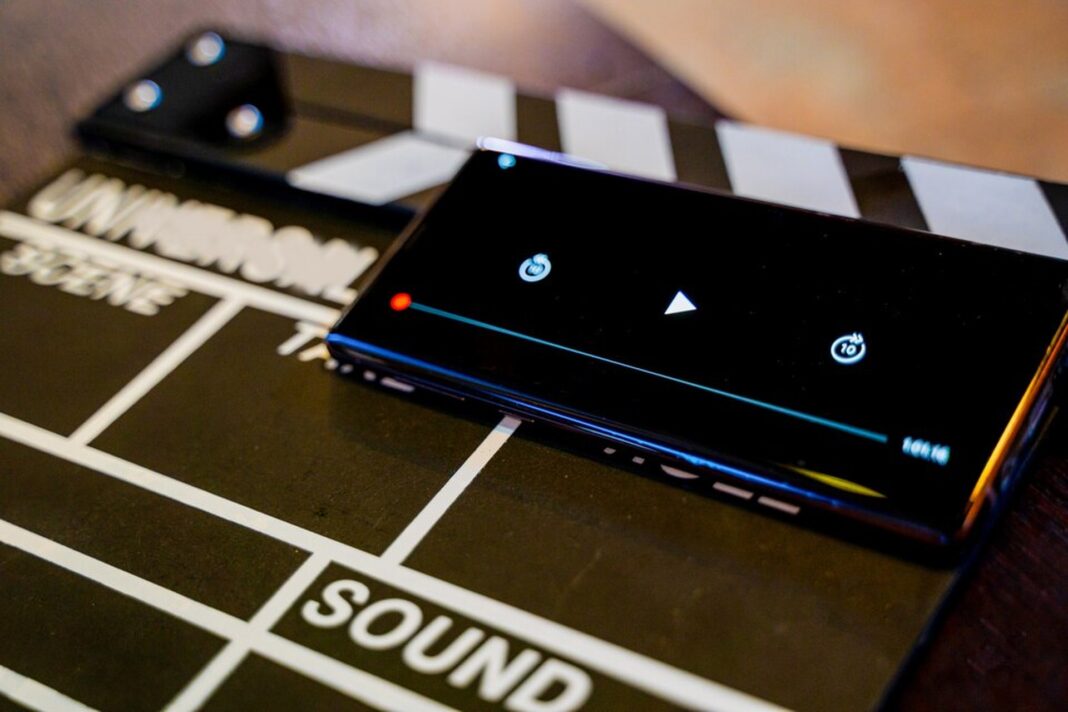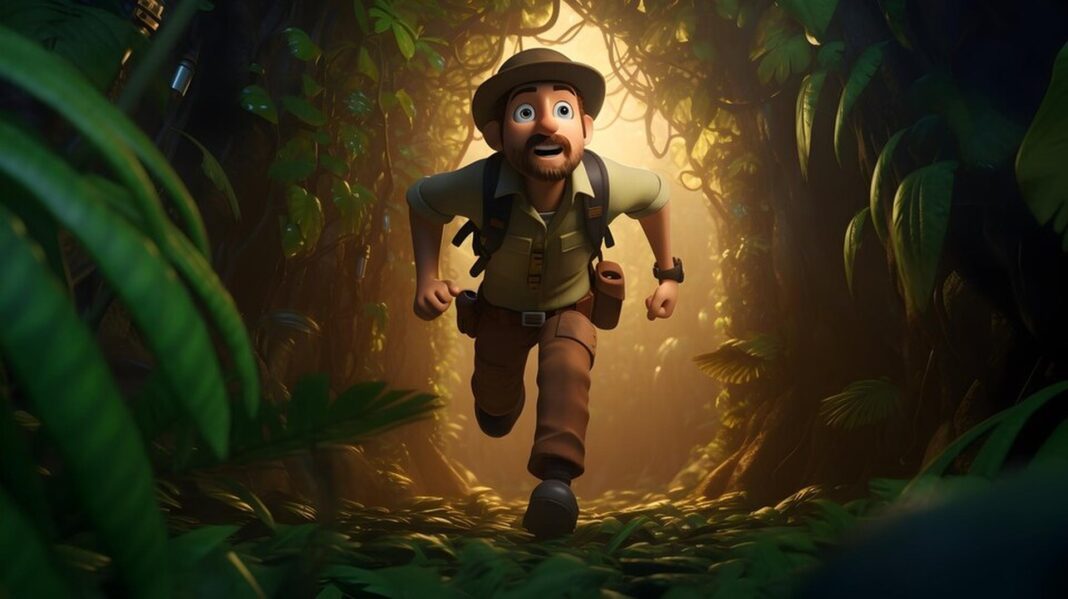The Power Of Music In Film
Music is vital to movies. Sets mood and boosts emotions. Well written scores may make scenes memorable. Music guides audience responses to stories. They may cause joy, grief , stress or nostalgia. Good music draws viewers into the tale. Films would lack feeling without music. The relationship between music and visual narrative is strong. Many memorable movie scenes are related to their soundtracks. Film music is powerful and influential.
How Soundtracks Enhance Storytelling
Soundtracks enhance the narrative. They give scenes dimension and perspective. A good score may build tension or mood. Composers match notes and tempos to the story. Loud crescendos emphasize action while soft melodies provide tenderness. A soundtrack may also reveal people or themes. Builds empathy or understanding. Music enhances quiet times. Soundtracks link audiences to stories with each beat. They emotionally advance the story and leave lasting effects.
Iconic Composers And Their Masterpieces
Several composers have transformed film music. John Williams represents adventure. He wrote iconic Star Wars and Indiana Jones soundtracks. Hans Zimmer also had an impact. His Inception and The Lion King performances are memorable. Ennio Morricone music enriches The Good The Bad and The Ugly. Unique techniques and methods have influenced storytelling. Each score shows a composer film relationship. Their works become iconic beyond the screen.
The Role Of Film Scores In Emotional Impact
Film scores shape emotions. Music affects how viewers feel about a scenario. It takes spectators through emotional highs and lows. A strong score might make you cry or smile. Instruments are carefully orchestrated to represent each persona. This bond enhances viewership and empathy. Scenes without music may be cold and emotionless. Scores enhance story immersion. Uplifting tunes offer optimism while chilling sounds elicit terror. Sound strongly affects emotions.
The Evolution Of Movie Soundtracks
Movie soundtracks have changed greatly. Early films had little live music. Synchronized sound affected everything. The emergence of soundtracks gave films dimension. Music genres reflected topics. Films include jazz rock and pop. Nowadays soundtracks might be symphonic or modern. Innovation in sound is possible with digital technology. Collaborations between filmmakers and musicians are growing. The development reflects cultural trends. Film marketing increasingly relies on soundtracks.
The Influence Of Soundtracks On Popular Culture
Many soundtracks influence popular culture. Film melodies become cultural touchstones. They may drive music sales and trends. The film Guardians of the Galaxy introduces new generations to old music. Soundtracks also generate social chatter. These may generate social media memes or viral challenges. Some songs become anthems for popular movements or moods. Beyond the screen soundtracks link with memories. The impact is seen throughout creative disciplines. Movies and music unite culture.
Behind The Scenes: Creating A Film Score
Film scoring requires subtlety. First composers analyze script and video. Character arcs and story elements are examined. Composing meaningful music requires this insight. Discussions with the director align vision. Composers frequently write character themes. These topics assist the narrative. They give each character a musical personality connecting with audiences.
Recordings bring the score to life. Live musicians provide character and depth that computerized instruments can’t. Collaboration generates magic. Sound engineers are crucial to recording. They record each note flawlessly. After production the score is tweaked. After audience screenings composers may alter portions.
The final output must match the film. Scores should complement visuals not detract. Every step is a labor of love. Every detail counts. The music is very moving. Great film scores define the film. It transcends time making the encounter unforgettable.
The Nostalgia Factor Music And Memory In Cinema
Music evokes strong recollections. Emotions and memories arise. It is a strong narrative tool in film. Melodies may take viewers back in time. Audiences feel nostalgic for iconic scores. They evoke viewers‘ memories. A film emotional journey benefits from this link.
Familiar songs may provide soothe. A renowned score puts spectators at ease. A sonic anchor for the story. The score might evoke cultural memories boosting emotions. A basic situation may be made special with memorable music.
Directors and songwriters understand this. They choose or compose resonant music. The goal is to build off screen linkages. A song’s emotional impact lasts after the credits roll. Viewers may hum the songs days afterwards.
Film franchises evoke nostalgia. To ensure continuity classic scores are revived. This makes films emotionally consistent. Cultural identity includes iconic themes. Various media analyzed and laid them out. Film music is vital to the human experience, not merely background.
How Do Composers Create Memorable Themes?
Creating memorable themes takes creativity and insight. Composers begin by understanding the film. They analyze personalities, plots and emotions. Themes typically start with a basic melody or theme. This theme changes throughout the film.
A powerful topic is remembered. Instrumentation experiments allow composers to create new sounds. Harmony rhythm and texture matter. Audience and director feedback may alter the final result. Artistry and purpose create memorable themes and soundtracks.
Can A Soundtrack Change The Perception Of A Film?
Definitely a soundtrack can change how people see a film. Music determines each scene’s mood. It may illuminate character motives or provide drama. A discordant score may unnerve listeners. Some tunes elicit nostalgia or dread changing context.
Lighthearted films may become unhappy with the appropriate soundtrack. Editing and sound design enhance this effect. This sound visual link is strong. A good soundtrack may make a film’s themes more meaningful. Music enhances viewer comprehension.



